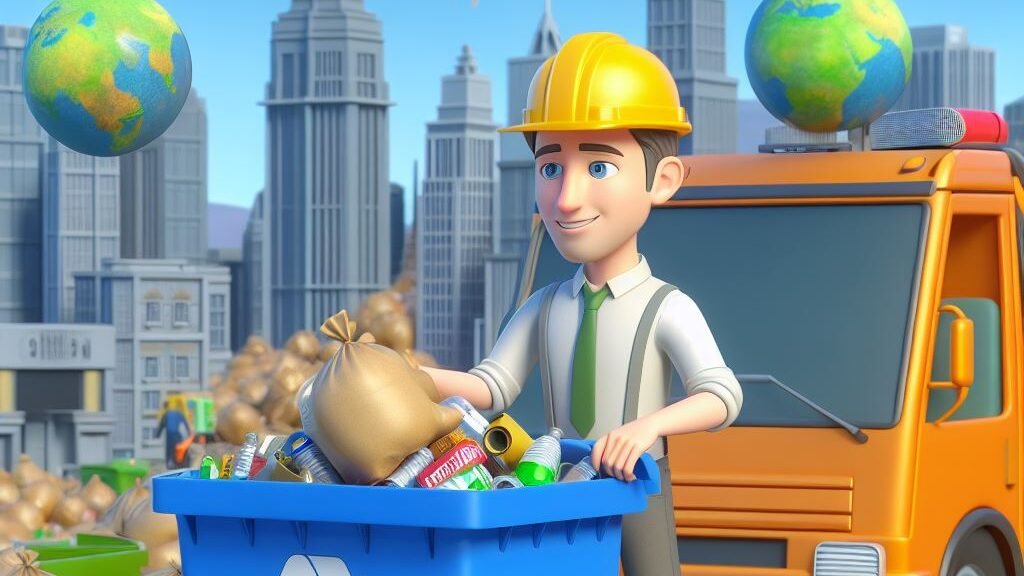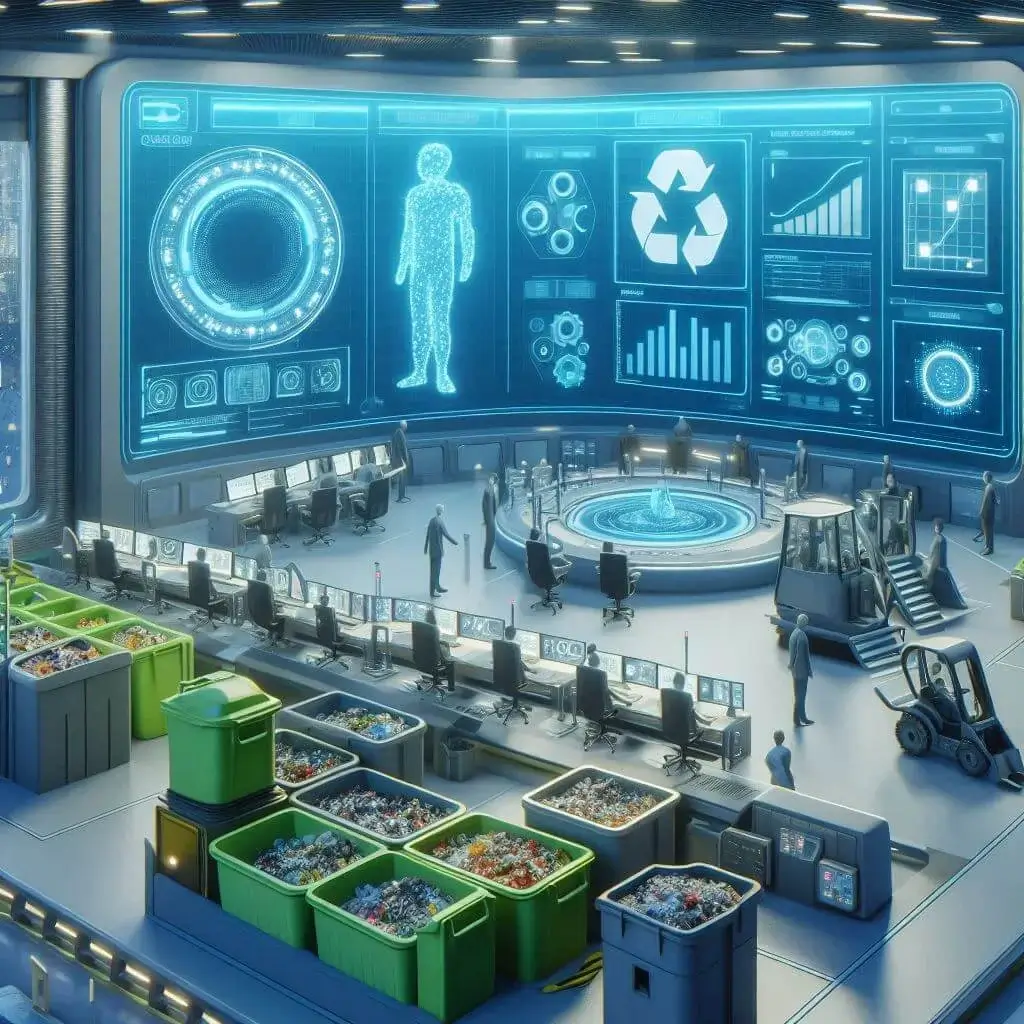3 Tips to Get into Waste Management Careers
Introduction
Are you passionate about environmental sustainability and want to make a positive impact on the world? If so, a career in waste management might be the perfect fit for you. Waste management professionals play a crucial role in ensuring that waste is properly handled, recycled, and disposed of in an environmentally friendly manner. In this article, we will explore three essential tips to help you get started in the exciting field of waste management. From acquiring the right education and skills to networking with industry professionals, we will provide you with valuable insights to kickstart your career. So, let’s dive in!

1. Obtain the Right Education and Skills
To excel in the field of waste management, it is essential to acquire the necessary education and skills. While a high school diploma may be sufficient for entry-level positions, obtaining a bachelor’s degree in environmental science,
environmental engineering waste management, or a related field can significantly enhance your career prospects. A degree program will provide you with a comprehensive understanding of waste management principles, environmental regulations, and sustainable practices.
Additionally, consider pursuing certifications such as the Certified Hazardous Materials Manager (CHMM) or the
Solid Waste Association of North America (SWANA) certifications. These certifications demonstrate your expertise and commitment to the field, making you a desirable candidate for potential employers.
2. Gain Practical Experience through Internships and Volunteering
Hands-on experience is invaluable when it comes to building a successful career in waste management. Seek out internships or volunteer opportunities with waste management companies, environmental organizations, or government agencies. These experiences will allow you to apply your knowledge in real-world scenarios, develop practical skills, and make valuable industry connections.
During your internships or volunteer work, make sure to actively engage with professionals in the field. Ask questions, seek mentorship, and demonstrate your enthusiasm for waste management. Building relationships with industry experts can open doors to future job opportunities and provide valuable guidance throughout your career journey.
3. Network and Stay Updated on Industry Trends
Networking plays a vital role in any career, and waste management is no exception. Attend industry conferences, workshops, and seminars to connect with professionals and stay updated on the latest trends and advancements in waste management. Join professional organizations such as the National Waste & Recycling Association (NWRA) or the Waste Management Association (WMA) to expand your network and access valuable resources.
Utilize online platforms such as LinkedIn to connect with waste management professionals, join relevant groups, and participate in discussions. Engaging in online communities allows you to stay connected with industry experts, exchange knowledge, and discover new opportunities.
FAQ
Q1: What are the job prospects in waste management careers?
A1: Waste management careers offer promising job prospects due to the increasing focus on environmental sustainability. As the world becomes more conscious of waste management practices, the demand for skilled professionals in this field continues to grow.
Q2: Are there any specific skills required for waste management careers?
A2: Waste management careers require a combination of technical and soft skills. Technical skills include knowledge of waste disposal regulations, recycling processes, and environmental impact assessments. Soft skills such as communication, problem-solving, and teamwork are also essential for success in this field.
Q3: How can I make a difference in waste management?
A3: You can make a difference in waste management by promoting recycling and waste reduction practices in your community, advocating for sustainable waste management policies, and supporting initiatives that promote environmental education and awareness.
Q4: What are some potential career paths in waste management?
A4: Waste management offers a wide range of career paths, including waste management coordinator, recycling program manager, environmental consultant, landfill manager, and sustainability analyst. The field provides opportunities for growth and specialization based on your interests and skills.
Q5: How can I stay updated on the latest developments in waste management?
A5: To stay updated on the latest developments in waste management, subscribe to industry publications, follow relevant websites and blogs, and engage with professionals through networking events and online communities. Continuous learning and staying informed will help you stay ahead in this dynamic field.
Conclusion
Embarking on a career in waste management can be a rewarding and fulfilling journey. By obtaining the right education, gaining practical experience, networking with industry professionals, and staying updated on industry trends, you can position yourself for success in this growing field. Remember, waste management is not just a job; it’s a commitment to environmental sustainability and making a positive impact on our planet. So, take the first step towards a waste management career and be a catalyst for change.



